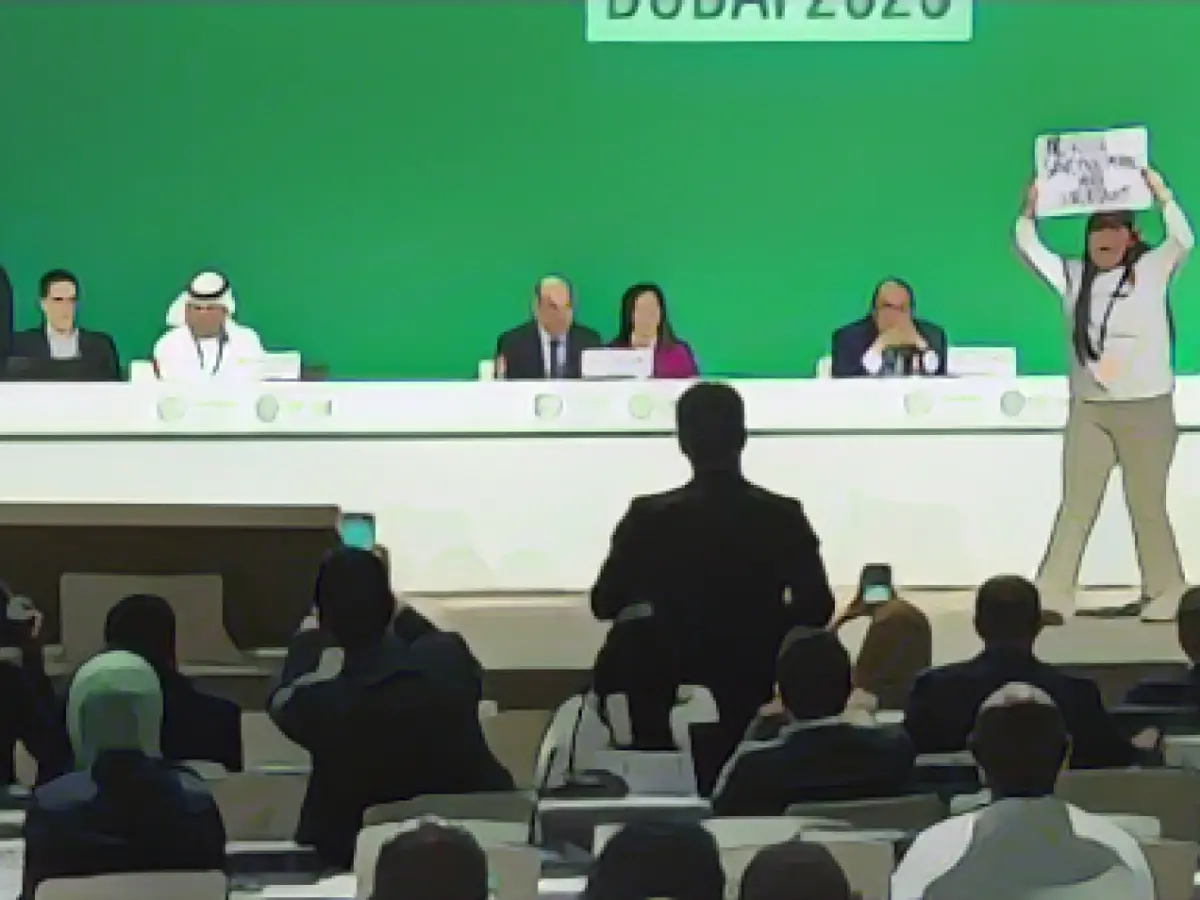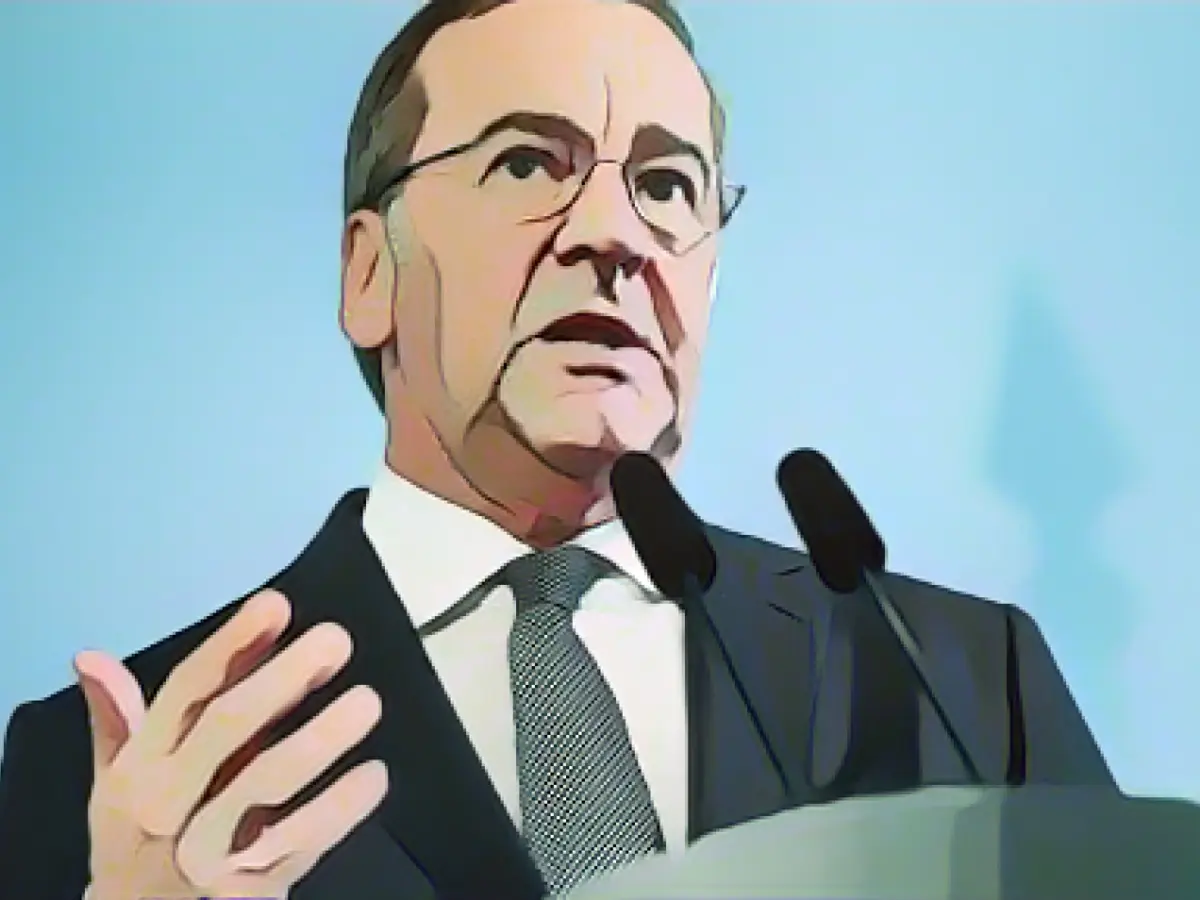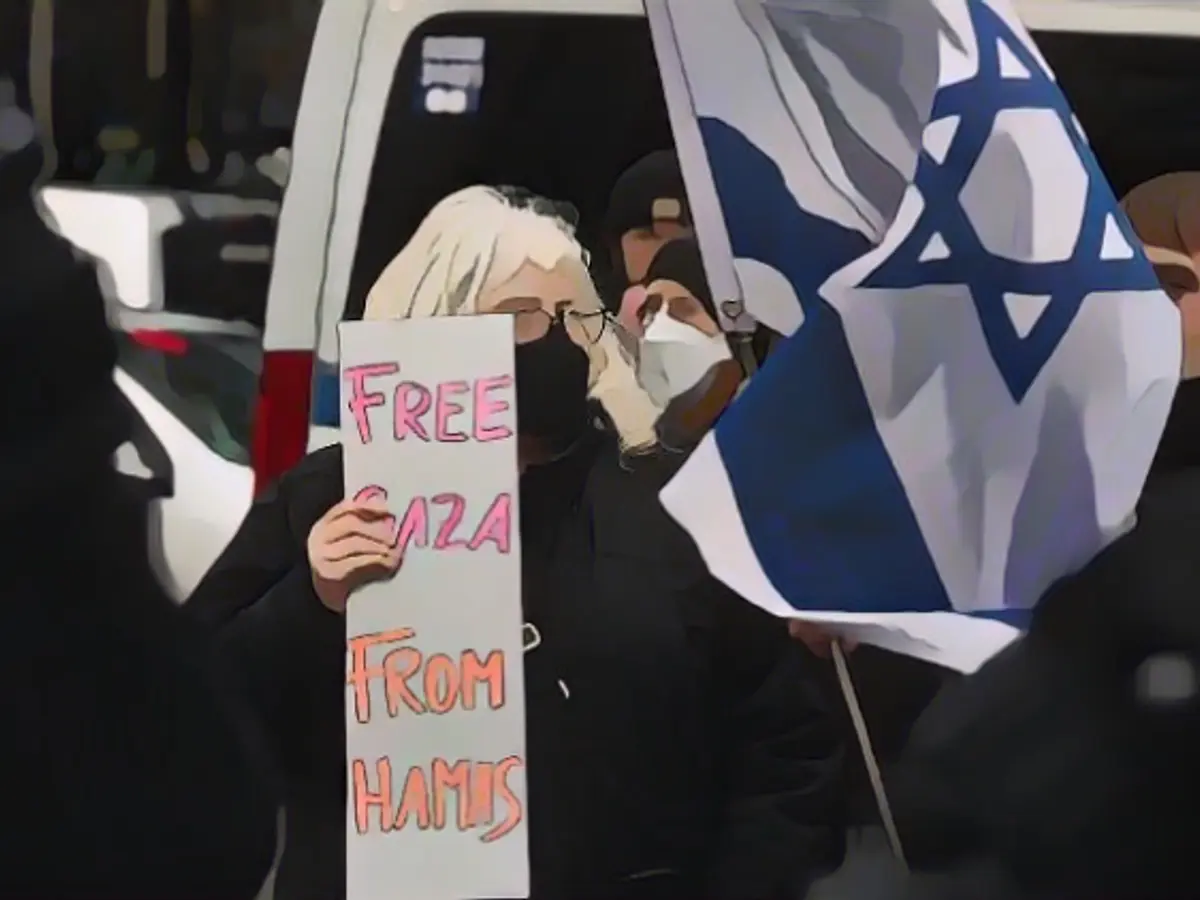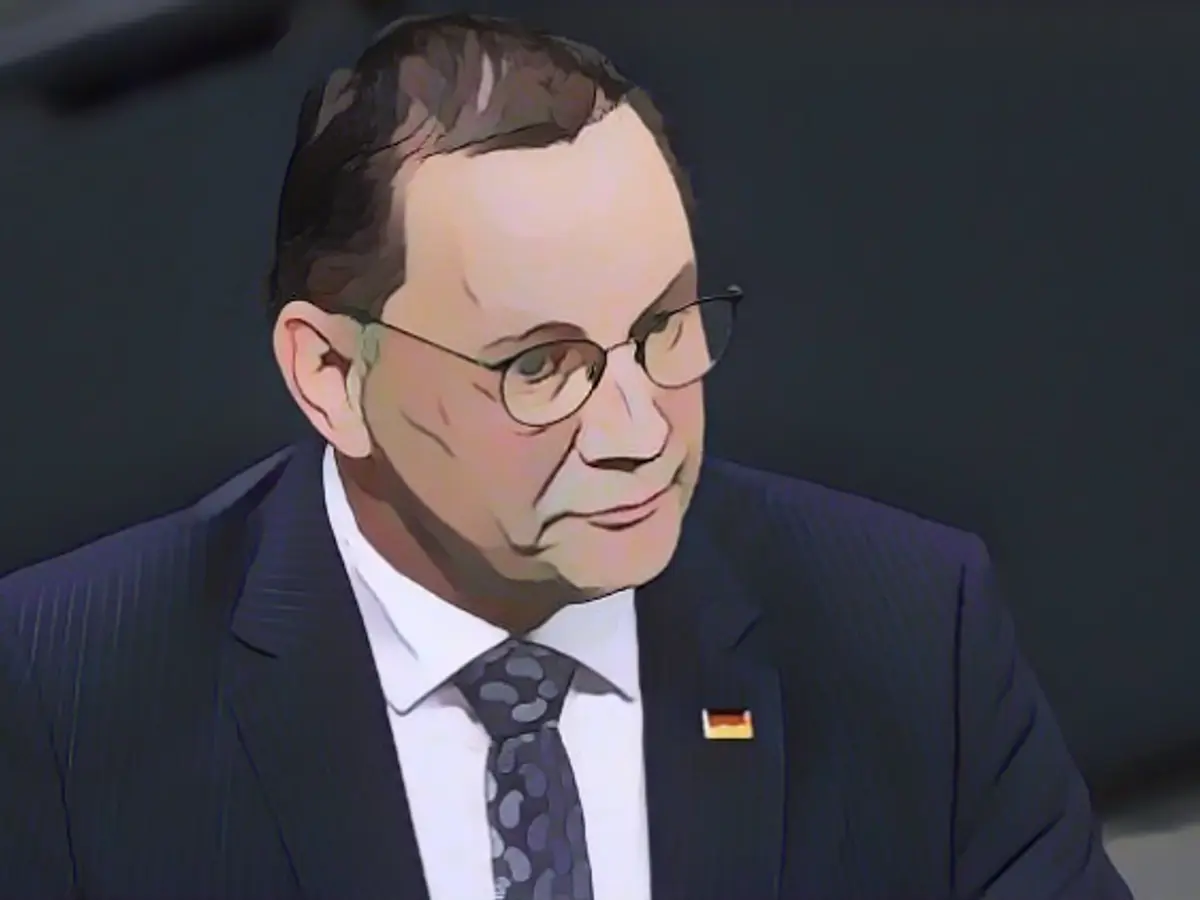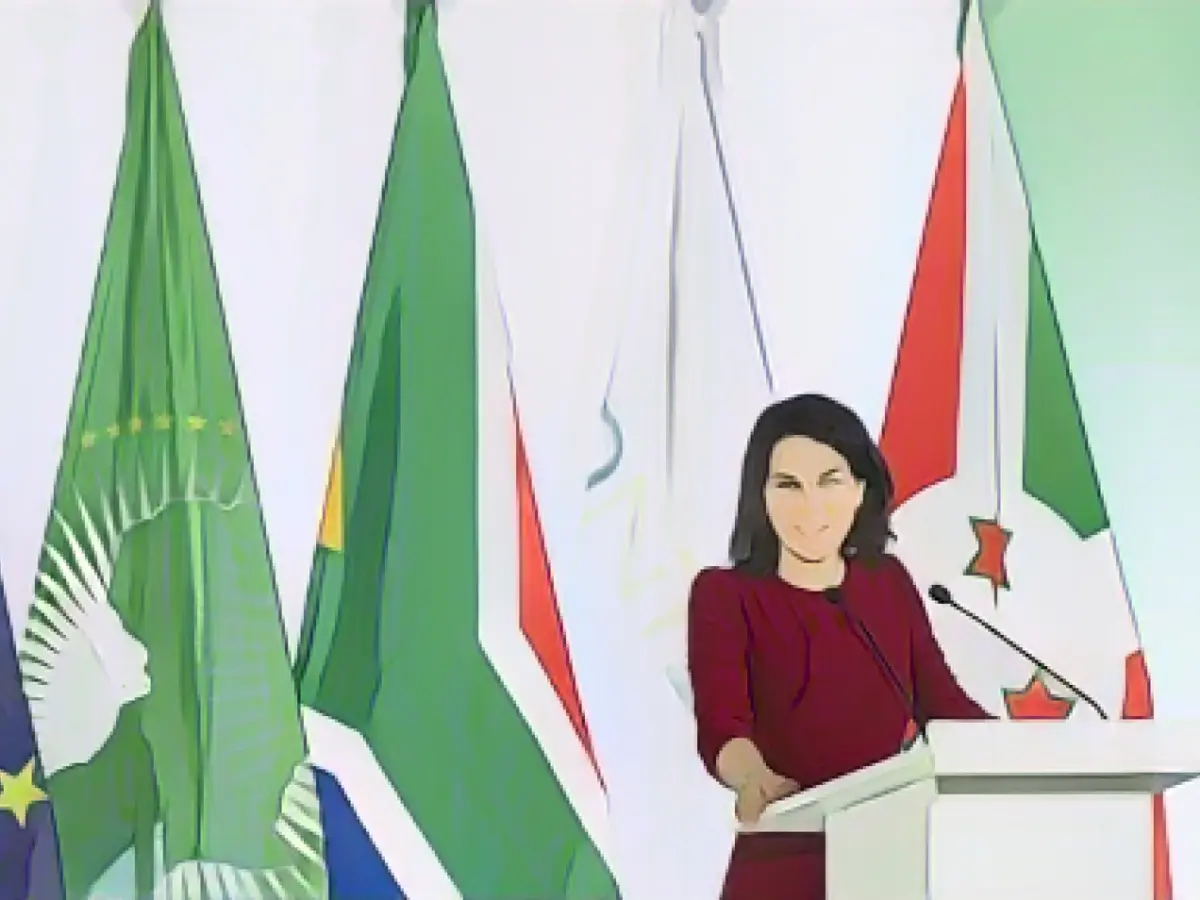Disagreement on Fossil Fuel Phaseout Tensions COP28 Talks in Dubai
The COP28 President, Sultan al-Jaber, had announced at the conference's onset that negotiations would conclude by 11 am local time on Tuesday at the latest. However, discussions persisted through the night and were extended into Tuesday, taking place in a tense atmosphere. German Foreign Minister Annalena Baerbock (Greens) communicated in the evening that the EU delegation was ready to extend their stay.
The COP presidency stressed that a consensus decision was crucial. COP28 Director-General Madschid al-Suwaidi explained, "The challenge is to compile the diverse views into a resolution text in a way that everyone can agree to." The draft presented on Monday fostered "honest, practical, pragmatic discussions" regarding the red lines of the negotiating delegations.
Criticism of the draft resolution emerged from Germany and the EU, labeling it as "disappointing" due to its absence of a joint global phase-out commitment for all fossil fuels, instead containing vague commitments to reducing oil and gas use by the mid-century. Opposition to an exit resolution is particularly strong from oil states like Saudi Arabia.
The draft resolution suggests a "reduction in the use and production of fossil fuels" in a fair, orderly manner to achieve greenhouse gas neutrality by, before, or around 2050. Critics have been surprised at the perceived lack of ambition in the draft.
German climate envoy Jennifer Morgan underscored the determination of Germany, the EU, and a majority of countries to pursue more ambitious climate protection resolutions. EU Climate Commissioner Wopke Hoekstra remarked on a "super majority", while Canadian Environment Minister Steven Guilbeault likened the draft resolution to a menu, offering countries options to choose from.
US climate envoy John Kerry, whose country is a significant oil producer, advocated for a global energy transition. He argued, "This is a war for survival." Speaking on behalf of the African bloc of states, Zambia supported phasing out fossil fuels, but requested financial assistance in return for oil-producing African countries.
To prompt more ambitious resolutions, NGOs organized protests on the conference grounds. The Political Director of environmental and development organization Germanwatch, Christoph Bals, criticized COP President al-Jaber, stating that the "technically inadequate" draft resolution did not reflect a broad consensus in favor of a global phase-out of all fossil fuels.
According to Bals, the presidency may have presented a weak draft resolution strategically to bring fossil fuel phase-out advocates and strong opponents together. Alternately, intense pressure from Saudi Arabia could have forced the presidency to abandon their original plans.
Criticism of Arab oil states, particularly Saudi Arabia, for seeking to prevent ambitious climate protection resolutions has also been issued by Bals. These states are accused of holding the negotiations hostage in another critical area, namely adaptation to global warming, which is essential for developing countries.
Further Reading:
- While the EU delegation is prepared to stay a bit longer, the COP28 President is pushing for a consensus decision.
- Controversy over phasing out fossil fuels at the COP28 conference in Dubai has prolonged the discussions beyond the initial time frame.
- Criticism of the original draft resolution by Germany, the EU, and others stems from its lack of a global phase-out commitment, with Saudi Arabia opposing an exit resolution.
- The revised draft resolution calls for a reduction in both the use and production of fossil fuels as a means to achieve greenhouse gas neutrality by mid-century, an ambitious but still debated goal.
- Kerry, the US climate envoy, supports a global energy transition, emphasizing that this is a "war for survival."
- The African bloc of states wishes to phase out fossil fuels but needs financial assistance in exchange to mitigate potential negative effects on oil-producing countries.
- Bals, Germanwatch's Political Director, criticizes the COP28 President for presenting an insufficiently ambitious draft resolution, which they believe was motivated by Saudi Arabia's influence.
Sources:
Enrichment Data:
The COP28 negotiations in Dubai revolve around several key themes, including:
- UAE's Plan for Energy Transition: The UAE presidency aims to hasten the energy transition, lower fossil fuel emissions, and boost the use of zero-carbon alternatives. The plan includes halving direct emissions from the oil and gas industry and Scope 1 and 2 emissions, with a focus on economical, zero-carbon alternatives.
- Addressing Scope 3 Emissions: Dr. Al-Jaber, the UAE's climate envoy, highlights the importance of tackling Scope 3 emissions, which are related to fossil fuel consumption. This inclusion in the COP28 agenda focuses on holding fossil fuel producers accountable for their emissions and encouraging consumers to take responsibility for their carbon footprints.
- OPEC+ Dynamics: The divide between oil-producing nations, such as Saudi Arabia, and those advocating for rapid decarbonization adds complexity to the negotiations. Saudi Arabia, as part of OPEC+, opposes the phase-out of fossil fuels, and Brazil's recent membership further complicates the situation by prioritizing oil exploration and revenue over reduced fossil fuel consumption.
- Global Context: The COP28 dispute illustrates broader international tensions between fossil fuel producers and those pushing for ambitious climate targets. The Intergovernmental Panel on Climate Change (IPCC) underlines the significance of abandoning unabated fossil fuel power plants to maintain the possibility of keeping global warming below 1.5°C.
- Brazil's Role: Brazil's decision to join OPEC+ is criticized by environmental groups as an inconsistency with its climate action commitment, as it prioritizes oil exploration and revenue over fossil fuel reduction.
